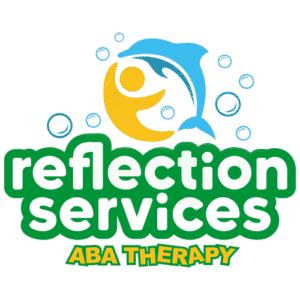
Play, the Key to the Development of Children with Autism
Play is much more than fun for children with autism; it is an essential tool for their overall development. Through play, children learn to interact with others, solve problems, follow rules, and develop fundamental cognitive and social skills.

How do we use play in ABA therapy?
In our ABA therapy, play becomes a powerful therapeutic tool. Our therapists design play activities that allow children to practice specific skills in a natural and fun way. For example:
Teach sharing: Through games such as train or ball, children learn to take turns and share objects.
Encourage communication: Imitation games, such as making faces or sounds, help children develop nonverbal communication skills.
Improve attention: Search-and-find games or simple puzzles help children maintain concentration.
Benefits of structured play in ABA therapy:
Increased motivation: Children are more likely to engage in activities they find fun.
Generalization of skills: Skills learned in play can be transferred to other situations.
Strengthened therapist-child relationship: Play creates a positive and trusting environment.
What kind of games do we use?
We use a wide variety of games, from the simplest to the most complex, always adapted to the needs and abilities of each child. Some examples include:
Sensory play: Exploring textures, smells and tastes.
Construction games: Building towers, bridges or castles.
Role-playing games: Playing different characters and situations.
Board and card games: Simple and adapted games.
Discover how play can transform your child’s life! Schedule a free evaluation and we’ll show you how we can use play to reach their goals.

